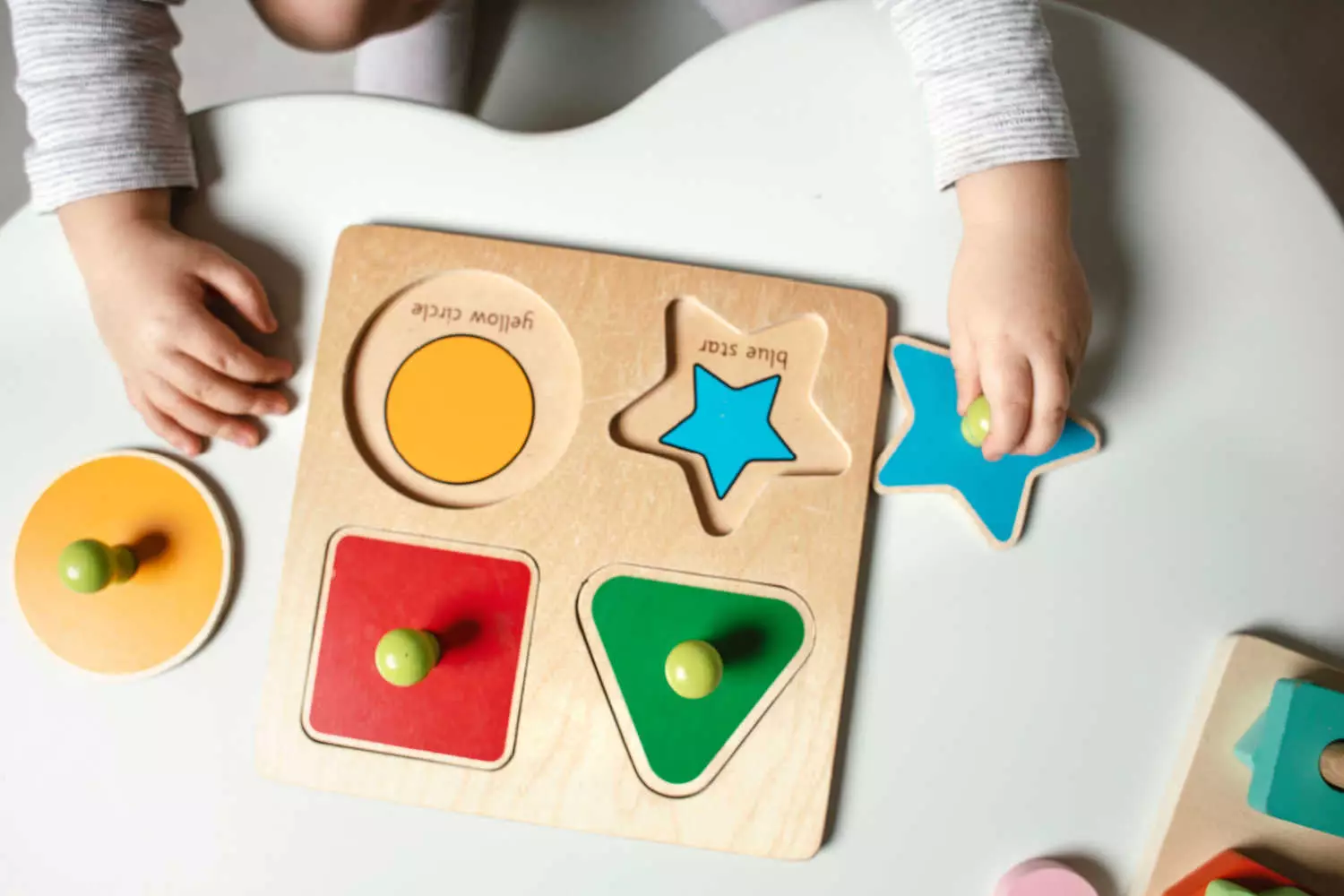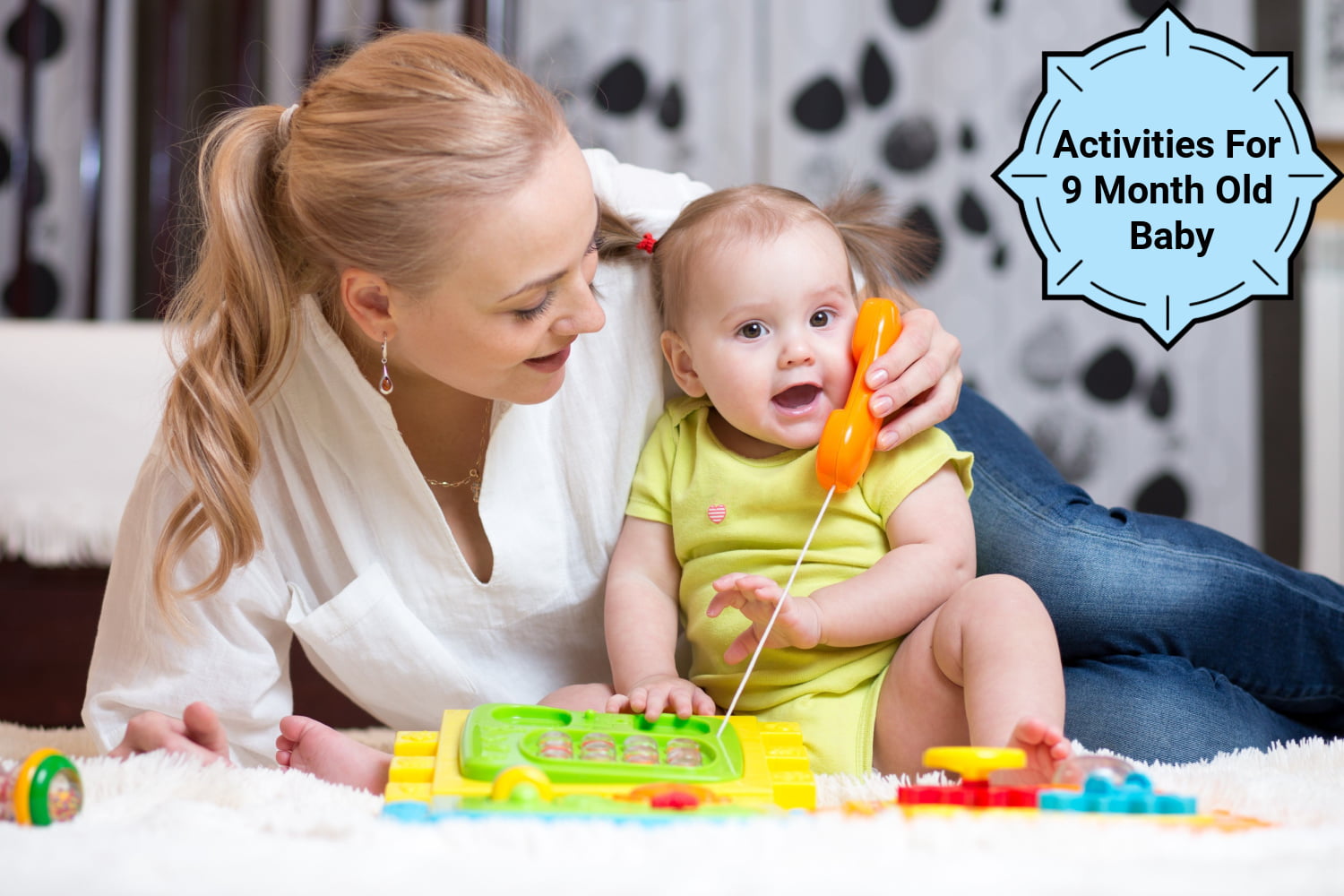
All About Egg Allergies In Babies
6 min readWritten by Editorial Team


Allergies are common among babies, and egg allergies in babies are widely observed. There are many reasons for allergic reactions to different foods in babies. Broadly speaking, egg allergies in babies can be of two types. Babies can acquire these from parents, meaning that if the parent of any family member has a history of egg allergies, the baby may also acquire it through genes.
The baby may also have it innately, meaning that the baby is simply born with the allergy despite having no family history. Having a baby with any type of food allergy can be quite difficult for the parents. Awareness of how to identify and deal with the situation and when to consult a doctor are crucial to ensure that the baby does not suffer any severe side effects due to the allergy.
In This Article
- What Is Egg Allergy?
- Signs And Symptoms Of Egg Allergy In Babies!
- Diagnosis Of Egg Allergies In Babies!
- How To Treat Egg Allergies In Babies?
- Top 5 Tips To Prevent Egg Allergies In Babies!
- FAQ’s
What Is Egg Allergy?
An egg allergy is quite similar to that of other allergies caused by different foods. You might have heard of things like a peanut or a mushroom, causing an allergy in a child. So, why do food allergies occur? Food allergies in babies mostly happen when a baby has an immature digestive system that is reacting adversely to a particular food item. While in some cases, food allergies can be acquired, in other cases, they can be innate too.
In an egg allergy, your baby’s underdeveloped immune or digestive system will treat the proteins present in eggs as foreign bodies and will start developing antibodies known as immunoglobulins to fight these proteins. The formation of these proteins results in the baby developing allergic reactions. Your infant may show an allergic reaction to any form of an egg, whether it is boiled, cooked, raw, or even lightly cooked.
Signs And Symptoms Of Egg Allergy In Babies!

The signs and symptoms of egg allergies in babies can be similar to that of any other food allergies. Here are some of the common symptoms you can expect if your munchkin is allergic to eggs.
1. The Appearance Of Red Rashes
Itching, redness, and rashes are some of the most common symptoms that show up due to any type of food allergies in babies, especially egg allergies. Such skin irritation symptoms appear within a few minutes to a few hours of consumption of allergic foods
2. Swelling In Mouth
When your baby suffers from an egg allergy, you might notice swelling in their lips and tongue. This requires immediate medical attention. At times, mouth swelling may also be accompanied by swelling in the throat.
3. Swollen Throat
A swollen throat is a severe allergic reaction to eggs, and you will notice that your baby is struggling to chew, swallow, breathe, and is restless. You will need to rush your baby to the doctor if you notice this symptom appearing.
4. Vomiting And Nausea
Often babies may experience various stomach issues such as stomachache, bloating, nausea, vomiting, diarrhea, and related symptoms as a result of an allergy to eggs.
5. Fever
A rise in your baby’s temperature can also be seen if they are suffering from egg allergy.
Diagnosis Of Egg Allergies In Babies!

You can diagnose whether your baby is suffering from an egg allergy by analyzing the diet of your baby. Keeping a record of what they eat is necessary, and this would help to understand the cause of allergies and other illnesses. Every time you introduce a new food to your baby, do ensure to follow the three-day rule.
The three-day rule is where you won’t introduce any new food to your baby when introducing a new food, let’s say eggs in this case. If your baby doesn’t seem to show any signs of discomfort or allergies during the three days, you can rest assured that your baby is not allergic to that particular food item.
Here are a few steps your doctor will follow to diagnose an egg allergy in your baby.
Modifications In Diet
In this type of diagnosis, a doctor picks up all the suspected allergens from your baby’s diet, which might be the prime reason for causing egg allergy in your baby, and eliminates it. After that, these allergens will be reintroduced to test whether the baby is still suffering from the allergy or not.
Stick Prick Test
In this type of diagnostic test, a small extract of an allergen is placed on the baby’s skin, and the doctor or the technician will gently prick the skin to check for any kind of reaction caused. If the skin turns reddish within 15 minutes, then it confirms that they are suffering from an allergy.
How To Treat Egg Allergies In Babies?

The treatment of egg allergy depends completely upon how severe the allergic reaction is. The treatment involves the elimination of the symptoms which can prove to be life-threatening for babies.
Have a look at the types of treatment below:
Medication
Medications such as antihistamines are used to treat mild symptoms of egg allergy in babies such as running nose, swelling, redness, and rashes. In severe cases, epinephrine is administered. This is a life-saving drug and must always be on hand in case your baby has severe allergy issues.
Modification Of Diet
Another type of treatment that your doctor recommends is to eliminate the eggs from the diet of your baby and all the foods that are causing them to have serious allergic reactions. Furthermore, even if you are consuming eggs and your baby is allergic to them, you will have to stop consuming them to ensure the safety of your baby.
Top 4 Tips To Prevent Egg Allergies In Babies!

Egg allergies in babies do not have a definite cure. Every treatment targets to provide relief from the symptoms.
Below are some tips which might be helpful to prevent allergies in babies:
1. Avoiding Any Foods Containing Eggs
The most basic way to prevent egg allergies in babies is to keep your baby away from any foods that may contain eggs in any form. Do talk to your doctor and get your baby tested. The pediatrician will advise you on the further course of action depending on the severity of egg allergy in your munchkin.
2. Early Introduction Of Possible Allergic Foods
According to recent research studies, one of the best ways to prevent egg allergy in babies is to introduce eggs into their lives at an early stage. Introducing food items that might be allergic to health at an early stage in life would lower their chances of developing allergies to those foods. But do talk to your doctor before you decide to introduce eggs to your baby at an early age.
3. Desensitizing Your Baby
Desensitizing the baby to prevent allergies in babies from the egg is a good idea. This means that you should eat egg-based products on a trial-and-error basis and see whether breastfeeding is causing any kind of allergy in your baby or not.
4. Medications
If your baby is mildly allergic to eggs, you may need to have medications such as anti-histamines handy and immediately administer the medication in case your baby suddenly develops allergic reactions to the food. Again, do consult your doctor who will advise you on factors such as dosage and symptoms you need to observe before giving the medication to your baby.
Egg allergy in babies is common. It is important to identify the allergy at the right time using techniques such as the three-day rule. Your doctor may confirm the allergy with further examination and tests. They will then advise you on the further steps based on test results and the severity of the allergy. ensure that you follow the doctor’s instructions to keep your baby safe from the harmful effects of egg allergy.
FAQ’s
1. Which Egg Proteins Cause Allergies In Babies?
The most common egg protein to which most babies are found allergic is Ovalbumin (OVA). It is also known as Albumin/ Albumen, ovomucoid (OVM).
2. How Long Does Egg Allergies In Babies Last?
As per many studies, around 70% of infants face egg allergy until the age of 16 after which it fades away.
3. How Do You Test For Egg Allergies In Babies At Home?
You can use the three-day rule to check if your baby has an egg allergy. An Imu test egg allergy kit is something used to test for egg allergy. This test is quick and easy and does not cause any kind of discomfort to your baby. The test conducted through this kit takes only 30 minutes to render the results. You must follow the steps printed on the test kit to conduct the egg allergy test.

Editorial Team,
With a rich experience in pregnancy and parenting, our team of experts create insightful, well-curated, and easy-to-read content for our to-be-parents and parents at all stages of parenting.Read more.
Responses (0)
Want curated content sharply tailored for your exact stage of parenting?
Related articles

Creative Monthly Baby Photoshoot Ideas at Home

Water Intoxication in Babies – What is it, Causes and Tips to Prevent

Puzzles For Babies – How it Helps in Baby’s Development

Top Activities For a 4 Month Old Baby – Benefits and Tips For Parents

Top Activities For a 9 Month Old Baby – Benefits and Tips For Parents

Cause and Effect Toys For Babies – How it Helps in Baby’s Motor Development
Sponsored content
Discover great local businesses around you for your kids.
Get regular updates, great recommendations and other right stuff at the right time.





